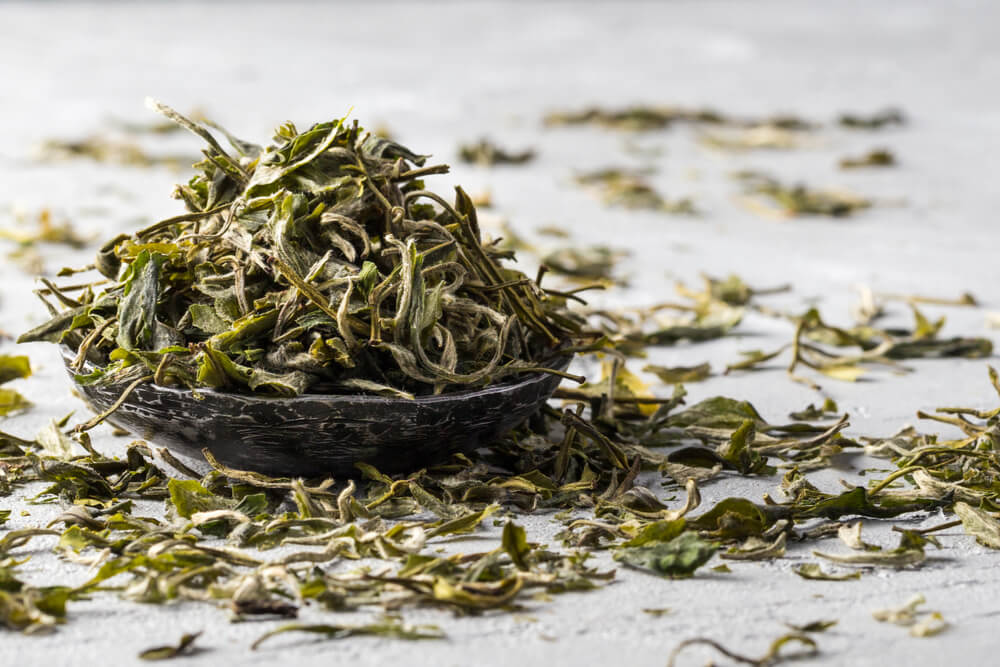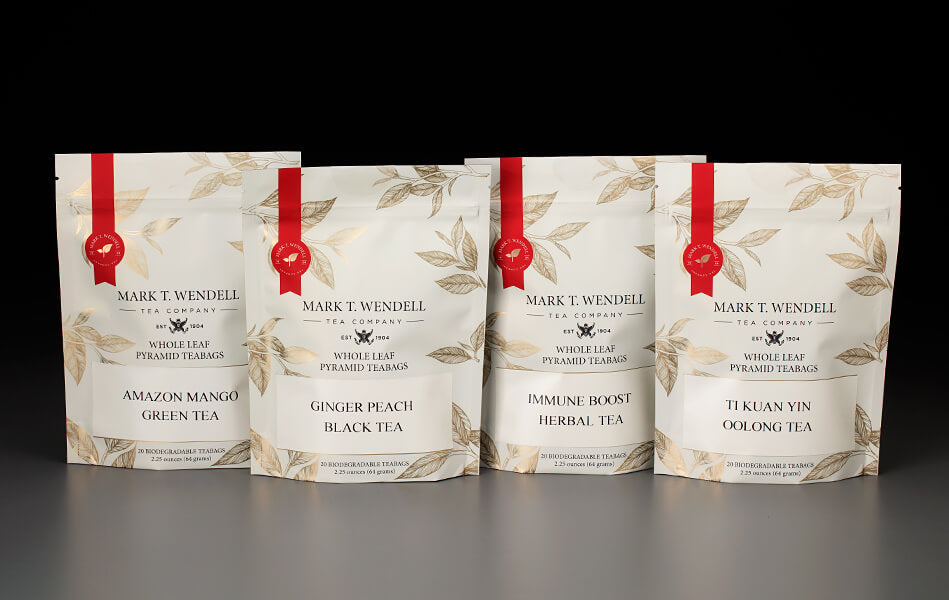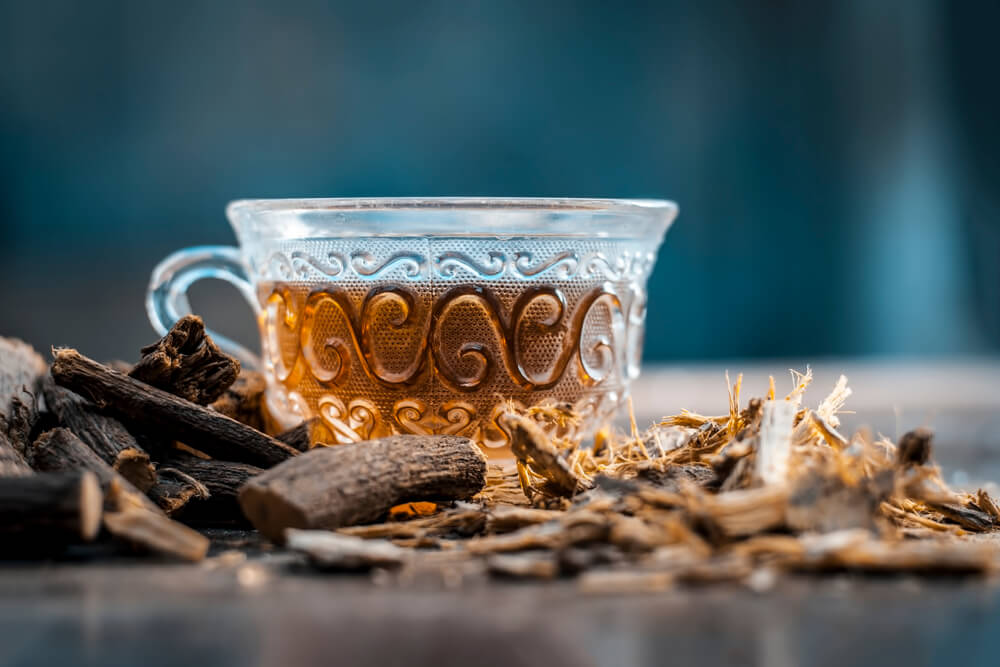As a tea importer, my daily cup is almost always a nice, soothing tea blend, brewed nice and hot. However, here in the US a much greater percentage of people reach for that daily cup of coffee in the morning to help get them moving. We see many a tea drinker turn up their nose at a cup of coffee (and vice versa!) But each beverage has a different meaning from person to person. Recent focus on the make up of the dry leaves/beans of tea and coffee has allowed science to figure out what is really going on in your cup. The key component in each of these beverages and the item that helps your senses "wake up" each day is caffeine.
We get many consumer questions each day about the relation between caffeine and tea as opposed to caffeine and coffee. Here is the most common one. Maybe you have wondered the same?
"If both coffee and tea contain caffeine, then why do I get a jolt from that first cup of coffee and I don't feel the same after drinking a cup of tea?"
In general, a cup of tea has less caffeine than a cup of coffee. However, in addition to caffeine, tea contains two varied "caffeine-style" components (theophylline and theobromine) that coffee does not contain. These additional components are the key! Even though theophylline and theobromine are technically stimulants, they are also regarded as relaxants that can help counteract any negative effects of caffeine on the body. These components give tea drinkers a smooth and sustained level of alertness. This is in direct opposition to the coffee drinkers instant buzz and quick drop off.







